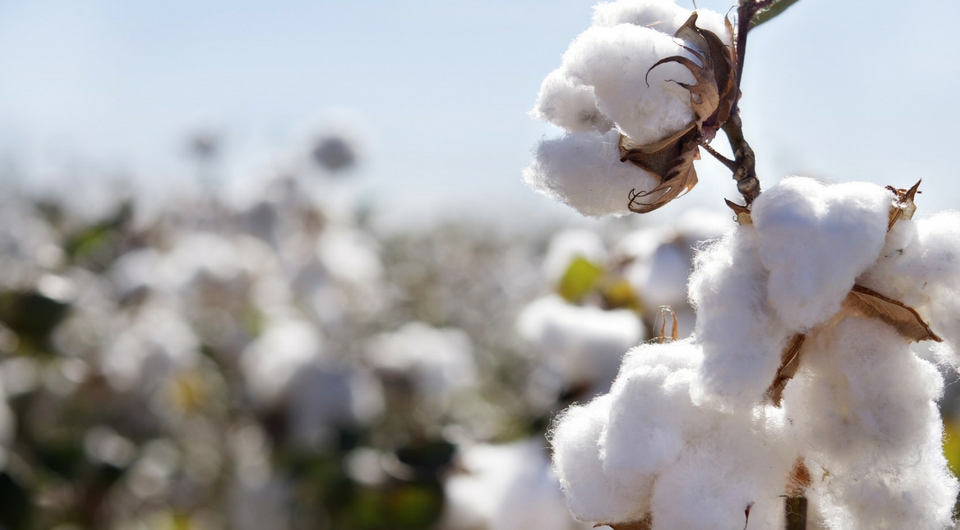When it comes to comfortable clothing, one fabric that often comes to mind is cotton. Its softness and breathability have made it a popular choice for centuries. However, is 100% cotton truly the most comfortable fabric out there? In this article, we will delve into the world of fabrics, exploring their properties and debunking the myth surrounding cotton's unrivaled comfort.
Understanding Cotton's Comfort:
Cotton is indeed a comfortable fabric, thanks to its natural fibers that allow air to circulate and moisture to evaporate. Its soft touch against the skin and ability to regulate body temperature make it a go-to choice for many. However, the claim that 100% cotton is the epitome of comfort requires a closer examination.
The Limitations of 100% Cotton:
While cotton offers several comfort benefits, it also has its limitations. One of the main drawbacks of 100% cotton is its tendency to wrinkle easily. This can be a nuisance for those who prefer a crisp and neat appearance. Additionally, pure cotton fabrics may lack stretch, limiting freedom of movement and flexibility.
Alternative Comfort Fabrics:
In recent years, advancements in textile technology have introduced a range of fabrics that challenge the notion of cotton's absolute comfort. Let's explore some of these alternatives:
- Cotton Blends:
Blending cotton with other fibers, such as polyester or elastane, can enhance its comfort and performance. Polyester adds durability and wrinkle resistance, while elastane provides stretch and shape retention. Cotton blends offer the best of both worlds, combining the natural comfort of cotton with improved functionality. - Microfiber Fabrics:
Microfiber fabrics, made from ultra-fine synthetic fibers, have gained popularity for their exceptional softness and moisture-wicking properties. These fabrics often outperform cotton in terms of breathability and quick-drying capabilities, making them a viable option for active individuals or those living in humid climates. - Bamboo Fabric:
Derived from bamboo pulp, bamboo fabric has emerged as a sustainable and comfortable alternative to cotton. It boasts natural antibacterial properties, excellent moisture absorption, and a silky-smooth texture. Bamboo fabric is also highly breathable, making it an excellent choice for those seeking comfort in warm weather. - Modal Fabric:
Modal, a type of rayon made from beech tree pulp, is renowned for its luxurious softness and drape. It offers a level of comfort comparable to cotton while providing better moisture absorption and resistance to shrinkage. Modal fabric is often used in high-end clothing and bedding due to its superior comfort and durability.
Conclusion:
While 100% cotton has long been associated with comfort, it is essential to recognize that other fabrics can provide comparable or even superior comfort in specific contexts. Cotton blends, microfiber fabrics, bamboo fabric, and modal fabric all offer unique advantages that challenge the notion of cotton's absolute reign in the comfort realm. When choosing clothing or bedding, consider your specific needs and preferences to find the fabric that best suits your comfort requirements. Remember, comfort is subjective, and exploring alternative fabrics can open up a world of possibilities for a truly comfortable experience.

